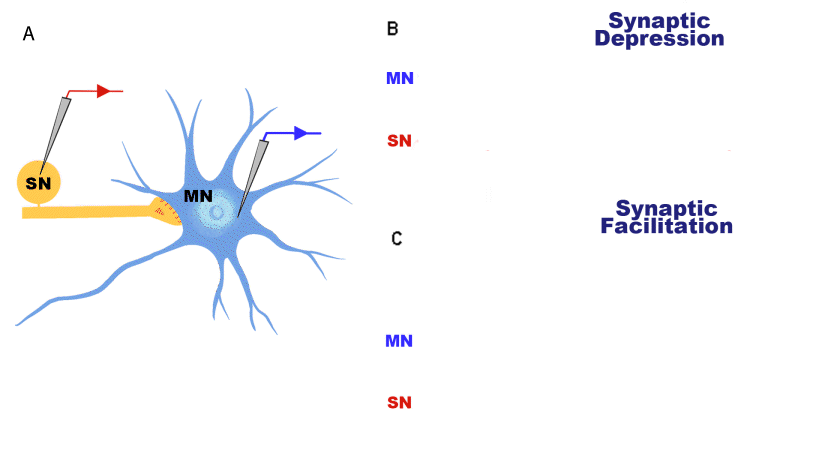Understanding Depression: Its Impact on the Brain and how to deal with it
Written by Mo
Depression is a pervasive mental health condition that affects millions of people worldwide. While it often manifests as emotional distress, its roots lie deep within the brain's intricate network of neurons and neurotransmitters. In this article, we'll explore how depression affects the brain and delve into non-pharmacological interventions that can help individuals manage and overcome this debilitating condition.
The Brain and Depression
To understand how depression affects the brain, it's crucial to recognize that it is not solely a "mind" issue but a complex interplay between biology, genetics, environment, and psychology. Several key brain regions and neurotransmitters play significant roles in depression:
The Prefrontal Cortex: This area is responsible for executive functions like decision-making and problem-solving. In people with depression, it often shows reduced activity, leading to difficulties in concentrating and making choices.
The Amygdala: The amygdala plays a central role in processing emotions, particularly negative ones. It tends to be hyperactive in individuals with depression, leading to heightened sensitivity to stressors and increased feelings of sadness.
Hippocampus: The hippocampus is involved in memory and learning. In those with depression, it often shrinks in size, which may contribute to memory problems and difficulties in processing information.
Neurotransmitters: Brain chemicals like serotonin, dopamine, and norepinephrine are essential for mood regulation. Depression is often associated with imbalances in these neurotransmitters, affecting mood, sleep, and appetite.
Non-Pharmacological Interventions for Depression
While medications can be effective in treating depression, non-pharmacological interventions provide valuable alternatives, especially for individuals who prefer a drug-free approach or want to complement their medication regimen. Here are some evidence-based non-pharmacological interventions:
Psychotherapy: Cognitive-behavioral therapy (CBT), interpersonal therapy (IPT), and mindfulness-based cognitive therapy (MBCT) are proven psychotherapeutic approaches for depression. They help individuals identify and change negative thought patterns and develop healthy coping strategies.
Exercise: Physical activity releases endorphins, the body's natural mood elevators. Regular exercise not only improves mood but also reduces stress and anxiety. Even simple activities like walking or yoga can be beneficial.
Nutrition: A balanced diet rich in nutrients can support overall brain health. Omega-3 fatty acids, found in fish and flaxseeds, have been linked to improved mood. Avoiding excessive sugar and processed foods can also help stabilize mood.
Sleep Hygiene: Depression often disrupts sleep patterns, and poor sleep can exacerbate depressive symptoms. Establishing a regular sleep schedule and creating a calming bedtime routine can improve sleep quality.
Social Support: Isolation can worsen depression. Engaging in social activities and maintaining strong social connections can provide emotional support and reduce feelings of loneliness.
Mindfulness and Meditation: Mindfulness practices can help individuals become more aware of their thoughts and emotions without judgment. Mindfulness-based stress reduction (MBSR) and mindfulness-based cognitive therapy (MBCT) have shown promise in reducing depressive symptoms.
Stress Management: Learning stress reduction techniques like deep breathing, progressive muscle relaxation, or biofeedback can help individuals manage the physiological and emotional aspects of stress.
Art and Music Therapy: Creative outlets such as art and music therapy can provide a non-verbal means of expressing and processing emotions, reducing the burden of verbal communication.
Conclusion
Depression is a complex mental health condition that impacts not only emotions but also the brain's physical structures and chemical processes. While medications can be effective, non-pharmacological interventions offer valuable options for individuals seeking drug-free approaches or supplementary strategies. By understanding how depression affects the brain and exploring these non-pharmacological interventions, individuals can better manage and eventually overcome the challenges posed by this condition. Remember that seeking professional help is crucial, as a combination of treatments tailored to individual needs often yields the best results in managing depression.
